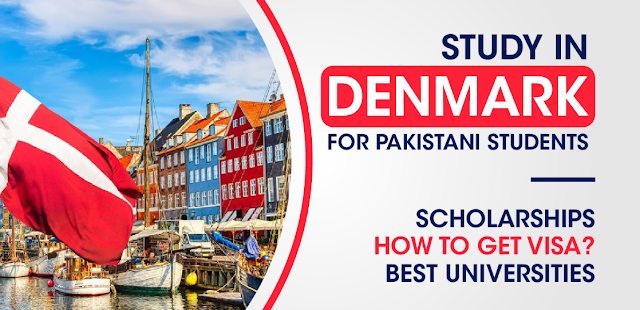Canada stands as an exceptional educational destination for those seeking a multicultural experience in a safe and progressive environment. With 21 of the world's top 500 universities and a prominent position in the top 1000, this country attracts more than 642,000 international students annually. If you are considering joining this vibrant community, here we guide you through the key steps to studying abroad in Canada.
Entry requirements and steps to follow
The process begins by meeting the admission requirements of the university or college you wish to apply to. Next, it is crucial to decide on a course of study and take a language proficiency test. These steps are fundamental to ensure your admission. Once the program is selected, applying to the university and applying for the study permit are the next steps to follow.
Visa Types
For educational applicants, Canada offers two main types of visas. The Electronic Travel Authorization (eTA) visa is ideal for short-term courses, with a fast-track process of just 20 minutes. However, it does not allow work during its validity, limited to courses of less than six months. On the other hand, the Student Visa offers labor flexibility, allowing part-time work while studying. It takes 2 to 4 weeks to process and its duration can be extended from 6 months to 3 years depending on the duration of the course.
Universities and Colleges: Key Differences
In the educational field, Canada distinguishes between universities and colleges, both with academic objectives but different approaches. Colleges prioritize a more specialized, flexible and practical education, offering programs designed for quick integration into the world of work. If your goal is to settle in Canada after graduation, colleges may be the optimal choice.
Focus on language
For those interested in learning or perfecting a language, Canada offers a wide range of academies. In this regard, there is no specific visa, but it is vital to consider the length of the course to determine the appropriate type of visa. Short courses may require the eTA, while for longer specializations the Student Visa is recommended. It is important to keep in mind that studying a language does not allow you to work, unlike technical programs at colleges or universities.
Canada, in addition to its educational excellence, is distinguished by its quality of life and safety, factors that make it a highly attractive destination for international students. Its focus on diversity and academic and work opportunities make this country a stimulating choice for those seeking an enriching educational experience in an avant-garde and multicultural environment.




No hay comentarios:
Publicar un comentario
Deja tus comentarios prohibido lisuras y groserias